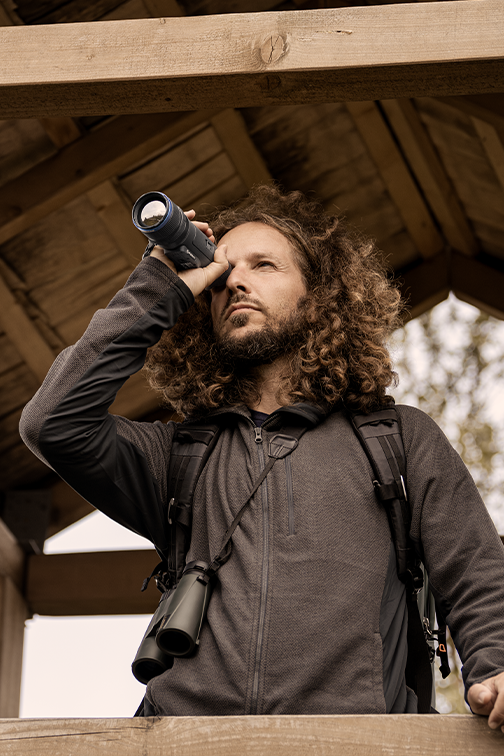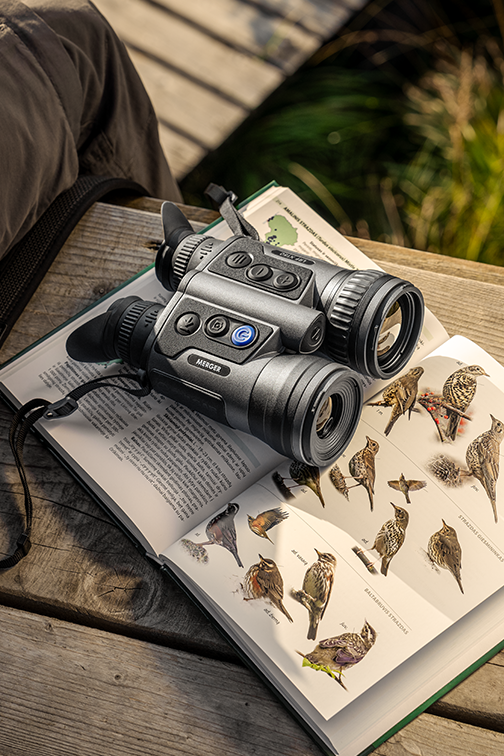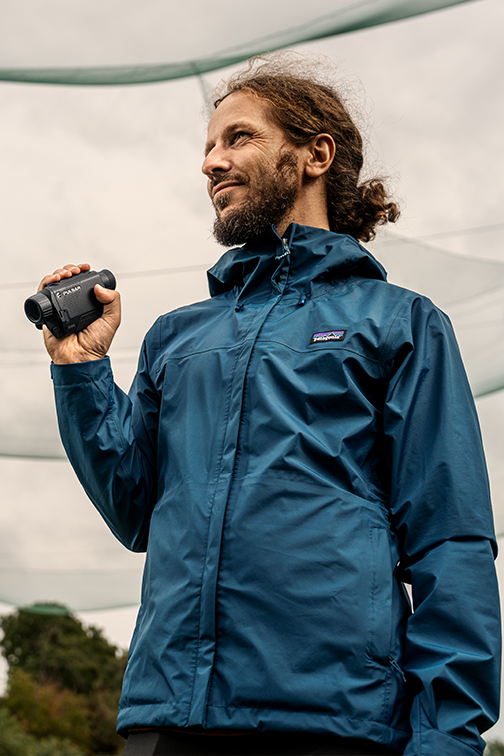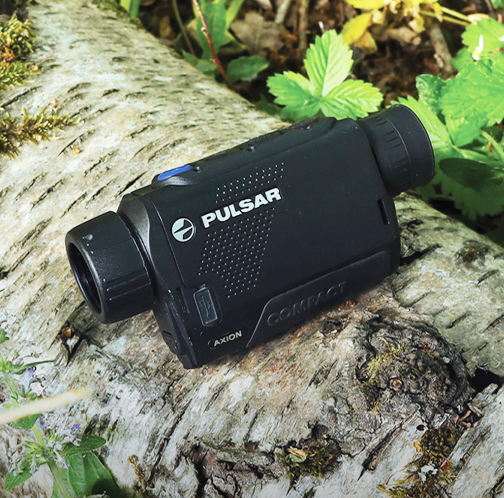If you ever try to book a birdwatching tour in Lithuania, you’re likely to come across Boris Belchev. A highly experienced and well-renowned tour guide, he turned every nature lover’s dream into reality and made his passion a full-time job. Recently, we spoke with him about the path towards this dream and his life these days.
Looking from the sidelines, it seems like all you do is travel around the world observing different species and sceneries. But could you tell me what exactly your occupation is?
Professionally, I’m a nature guide and wildlife photographer. I also do field ornithology, though, by education, I’m an ecologist. I’m a naturalized Lithuanian, so I spend most of my time here. But I also guide tours in Bulgaria, and, recently, I’ve been spending summers in Norway, in the Arctic Circle.
I organize all kinds of nature observation tours. While birds are my primary focus, I also enjoy observing mammals – bats, wild boars, deer, and all others.
As a field ornithologist, I participate in various projects and expeditions. It might be bird ringing, habitat surveys, population monitoring – anything that helps us learn more about the behavior of local species as well as population trends.
In Nemunas Delta, where I live, I also have a couple of hides for both bird observation and photography. While I love spending my time here, I also rent them for other photographers or nature watchers – the hides are positioned in locations where you will almost always see something excited.
How did your fascination with birds began?
My interest in birdwatching began in childhood. We had a summer house near a bee-eater colony, and we’d visit to observe the most colorful birds in Europe. Later, I got into cycling but returned to birdwatching during my final year of high school, becoming hooked ever since. We were invited to count white storks in a Bulgarian village near the Danube River. There, I saw the Collins Bird Guide for the first time and got to use a scope and binoculars, which I didn’t own then.
That experience sealed my passion for birdwatching. I started observing common birds in my hometown, and this is how I learned to identify the very first species. I used to draw each sighted bird in my notebook until I had it from different angles and was confident that I’d be able to identify it in any situation.
Photography naturally followed birdwatching. However, bird photography requires advanced equipment, and it would have taken me many years to save up for a proper camera. My friend suggested we go to Alaska and get a summer job there, so I followed him and earned enough for my first camera. There, I met a Lithuanian girl, and this is how I ended up here, in this country.



And what do your days look like now?
While there are hardly two identical days in my life, in summer, my schedule is quite consistent. Typically, I wake up at 3 or 4 am, skipping breakfast and rushing to catch peak bird activity. Sometimes with guests, sometimes – with other researchers or by myself.
At midday, I have a short break, which involves lunch and a nap. Then, I wait until the sun begins to set and there’s another burst of bird activity.
Living in the Nemunas Delta means long days as I often observe night birds like owls, great snipes, and aquatic warblers. Then there’s the bluethroat, a small passerine that sings only at night in Lithuania.
I often joke that with thermal vision appearing in my life, I stopped getting any sleep at all. Before thermal, I was restricted by darkness or thick flora, therefore only having so much to observe. Now, whether it’s dark or bushy, thermal cuts through such obstacles and I can spend endless hours observing birds and mammals.
With constant travels and tours and observations, I’m sure you always make plenty of memories. But is there one that stands out from the last season?
This year, we got to record a new bird species for Lithuania, so that was really exciting. While I was leading a group in Dzukija National Park, a sociable lapwing was spotted in Nemunas Delta. I was really rushing back home as it would have been devastating to miss it.
But we made it just before sunset and I got to see this truly unique sighting. The bird also stayed for the next day, so I could observe it in in daylight, too. Of course, from the outside, it might not be the most unique bird. But it is naturally found in Kazakhstan’s steppes, so seeing it in Lithuania was thrilling.



And what happens when you spot such a unique bird? Obviously, you have to make sure this sighting isn’t just a personal memory, right?
When spotting a rare bird, it’s essential to act quickly: take photos, videos, and document observations for ornithological databases, such as the Lithuanian Ornithological Committee, which tracks rare species.
But I’d like to add that it’s equally crucial to record common bird sightings. Community science can be vital for conservation, providing scientists with data to identify species in trouble, whether rare or common. This kind of data collection is accessible to everyone – each person reading this can go out with their phone and participate.
Whether you’re after common or rare birds, to properly document them, having proper equipment is vital. I always have my binoculars and a notebook on me. Binoculars are crucial for a closer look at the bird, notebook makes writing down important data, like time, location, and other details, possible.
Depending on the outing and how much I intend to move, I might also take a spotting scope, a camera with a telescopic lens, and thermal imaging binoculars. Currently, I’m using the Pulsar Merger Duo NXP50, which allows me to see in the darkness, spot a bird among thick branches, and even record bird sounds.
For newer birders, I also recommend having a bird guide – a book that will help you recognize what you see. Of course, there are many apps available now, but keep in mind that you won’t always have proper internet access, especially when birding in remote locations.
It’s not a common topic when discussing birdwatching, but still, I have to ask. You turned your passion into a lifestyle, and one that helps you make money. How do you manage to navigate between love for nature and business?
I lead birdwatching tours in Lithuania, which is my main source of income and a growing interest here. For me, it’s less about business and more about education.
I love seeing how guests change their views on wildlife, develop a new-found appreciation for nature. One of my favorite examples is people’s attitude toward cormorants. In Lithuania, they get a pretty bad rep. But after seeing them in their natural habitat and understanding their place in the whole ecosystem, many people leave my tours with a completely different opinion.
So, I guess I wouldn’t say I worry too much about balancing love for nature and business. It happens naturally, and I feel really lucky about that.











